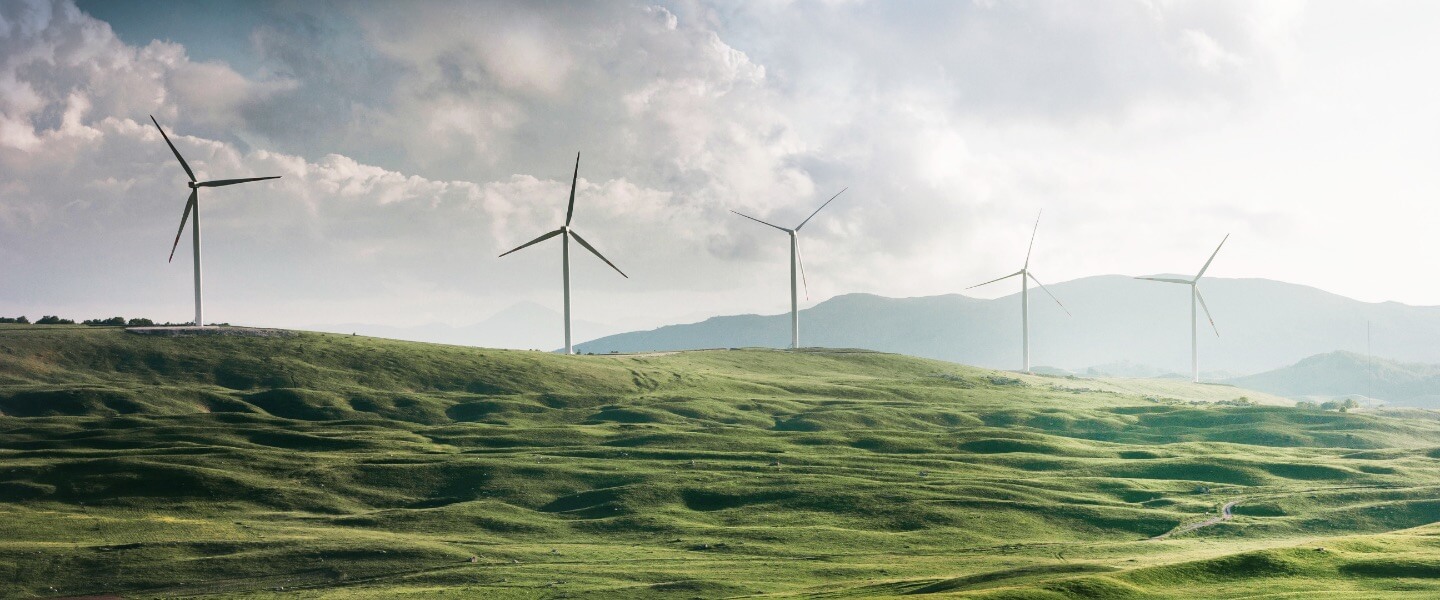Creating a clean energy vision for Ireland

A multi-industry research team is collaborating with communities to determine what measures can be implemented to mitigate the impacts of climate change.
Climate Change and its impacts on local communities
Researchers at the University College Cork and Queens University Belfast are working closely with communities that have experienced extreme weather conditions and defining how their vision for Ireland in 2050. Despite a significant rise in climate awareness, there are still uncertainties in many communities concerning what actions should be taken to really tackle emissions and how towns and villages within Ireland can effectively adapt to the impacts of climate change.
The collaborative project ‘Imagining 2050: engaging, envisioning and co-producing pathways to low carbon resilient Ireland’ is focused on defining national issues and exploring how local communities and create a sustainable and socially inclusive future. Researchers are highlighting the combination of social and scientific knowledge, emphasising the connection between the local community experience with scientific knowledge.
Project researchers explain that many climate-related challenges are predominantly social and often the biggest challenge is defining the connection between the impact of climate change and its effect on people living and working in their community.
The report included a series of workshops in two communities in Co Cork and Co Westmeath, two areas that have been severely affected by recent flooding events. Brian O Gallachoir, the co-leader of the project and director of MaREI explains that the main purpose of the report is to define new techniques for climate dialogue in communities. O Gallachoir states that the study has involved the collaboration of energy engineering professionals with skills in low carbon technology, environmental scientists with a core understanding of adapting to climate change and sociology experts who are skilled in how to engage communities in this transition stage. O Gallachoir emphasises how critical it is to have a diverse range of skill sets and ensuring every discipline is working together.
The recent studies indicated that many people felt uncertain and unsure of the future when asked about climate change. Researchers have highlighted that ‘uncertainty’ is a limiting factor of climate change for many people and should be seen as a focus area to define what people understand and ensure communities know what they can do on a local level.
Communities were asked to think about how climate change may affect different types of people, whether this is by age or industry and then consider how their town or village could adapt to mitigate the challenges of climate change. For one community, mobility was proven to be a key issue and people were uncertain how to tackle car dependency levels. However, people were aware of the benefits of reducing car dependency and how working together as a community could improve this. The focused study created a future scenario involving a ban of cars entering the city centre, rise in cycle routes, regenerating the market square as a food market rather than being used as an existing car park.
What the study has clearly proven is climate change does create a level of uncertainty and stress in society, yet it can lead to many social benefits if a stable health sector becomes part of the strategy. What people are focused on for the future is defining the best ways to manage the uncertainties related to climate change. Researchers have said that by working with local communities they have gained a deeper understanding of the issues people are facing and the capacity to create a more stable community.
All the results and findings from the report will be forwarded to the Government as a series of policy briefs and industry workshops.
All News
